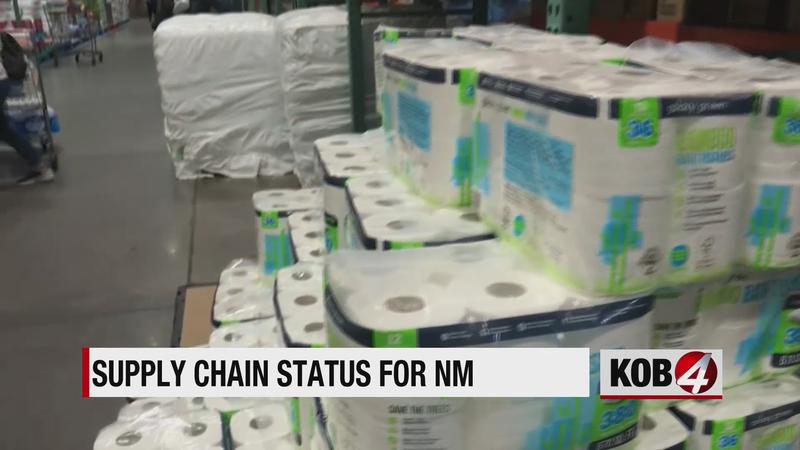Lillywhite said steps have been taken to keep the supply chain steady. Processing plants trying to supply and meet that demand had to change things up.
“They’re built for efficiency in a normal world, so you have line workers are working shoulder-to-shoulder,” Lillywhite said. “For example, in a meat processing company. And so when you have social distancing that gets imposed and rightfully so I’m not making a judgment there. Now you have to go in and kind of change that line and that takes a little bit of time too.”
Suppliers had to repackage items for stores and average consumers.
“Farmers and ranchers are still doing their jobs, food processors are still doing their jobs, and the supply chain is has been very resilient,” Lillywhite said. “I think that’s the overall message from, from my perspective, is that it’s much, it’s much more stronger and much more resilient and I think a lot of people maybe thought.”
Which is why grocery stories can maintain their supply.
“There are some lines but I think that primarily because of the restrictions on the number of people who can go in and maybe a little bit of mentality still people get concerned as soon as you tell me I can’t do something,” Lillywhite said. “I get concerned about it and so I want to, you know, stock up again.”


